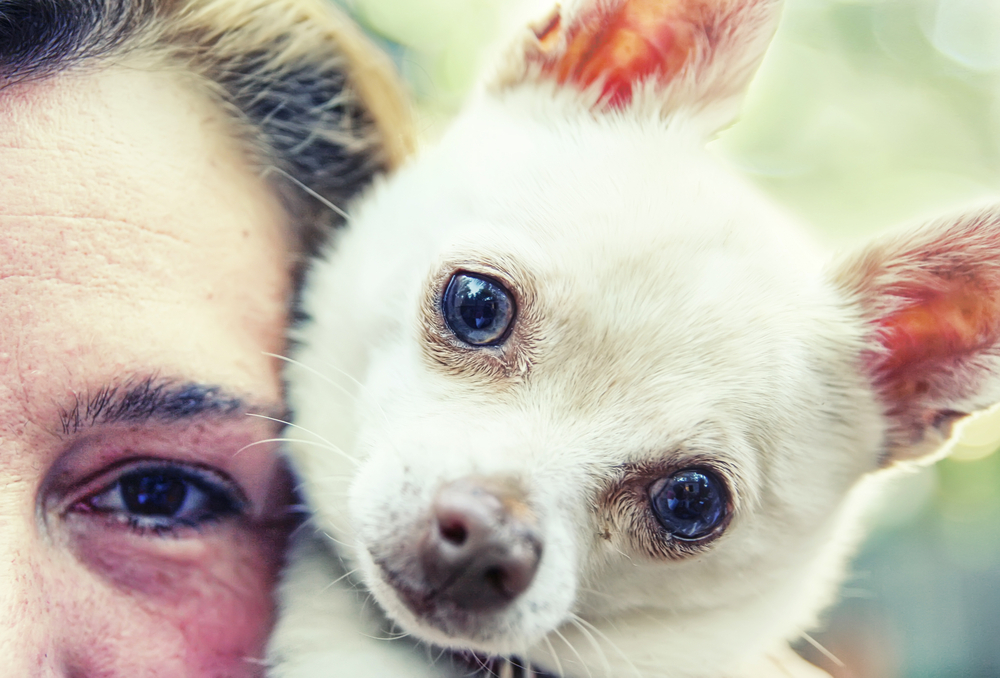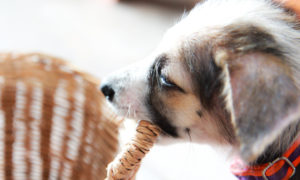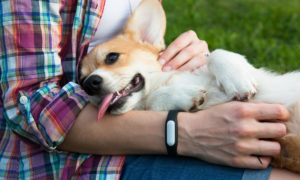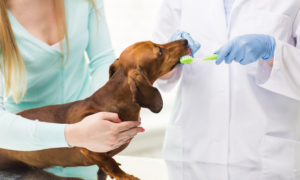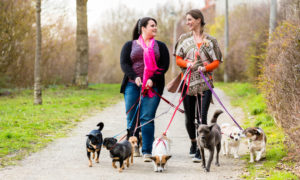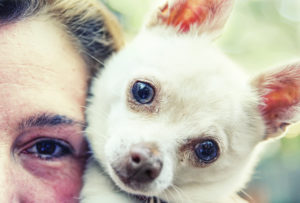 As your pooch ages, particularly small breeds, both of their physical and nutritional requirements change. That is why setting up regular visits at your veterinarian, taking on a healthful routine for your dog, and feeding him the right food can make a big difference in his overall health. Remember that there are a number of health conditions that can become widespread during your pet’s senior years. Talking to your veterinarian and fully understanding what to watch out for will surely be time well-spent to help keep your little fur-baby stay strong and happy for the years to come.
As your pooch ages, particularly small breeds, both of their physical and nutritional requirements change. That is why setting up regular visits at your veterinarian, taking on a healthful routine for your dog, and feeding him the right food can make a big difference in his overall health. Remember that there are a number of health conditions that can become widespread during your pet’s senior years. Talking to your veterinarian and fully understanding what to watch out for will surely be time well-spent to help keep your little fur-baby stay strong and happy for the years to come.
How to Care For Your Older Dog
Elderly dogs generally have the same sorts of health issues that most elderly people do such as joint and mobility problems, chronic conditions, heart diseases, incontinence, diabetes, loss of vision or hearing, cognitive decline, and so on. While some are just a nuisance, others, however, can be much more severe. Consequently, it is essential for dog parents like us to recognize the signs of aging then to take measure to ensure that our pet’s quality of life doesn’t change. Here are the few things that we can do.
- Feed your pooch a nutritious diet. Good nutrition is very important at every age but bear in mind that it is critical for those dogs that are already in their senior years to keep them active and lively. Consult your vet about the type of diet your pooch needs as they can definitely make recommendations about ingredients, quality brands, and special formulas that your senior pet will require in order to thrive.
- Keep your dog lean. Your little furry friend may now be slowing down but that doesn’t mean you should allow him to just spend his days curled up on the couch the entire time. Regular exercise is crucial in keeping your pooch healthy both physically and mentally. While your elderly dog may no longer be able to go on long hikes with you, remember that he surely can still do shorter and less strenuous walks to keep him feel good and keyed up. Exercise will keep your dog youthful and it’s one of the most essential factors to help prevent health issues. Also, try to keep your pooch at a healthy weight as much as possible. Extra pounds on older dogs will only cause more stress on their body as well as their joints and internal organs. If you suspect that your elderly dog needs to lose weight, check with your vet to learn about a weight loss and exercise plan that might work well for your pooch.
- Schedule regular checkups. Since a lot can actually happen in between vet visits, it is highly recommended for senior dogs to see their own physicians at least six months for a standard check-up. Remember that many health problems, if caught early enough, can be treated. It would be best for you to ask your vet about the common issues specific to your small dog breed. Learn the various early warning signs so you can be on the lookout.
- Never neglect their dental health. Oral hygiene is important all throughout your dog’s life but especially when he has gotten a lot older. Bear in mind that tartar buildup can cause gingivitis which can result in bacteria getting into your dog’s bloodstream; thus, wreaking havoc on his organs. Regular dental care (through habitual brushing at home or yearly professional cleanings by the vet) will help your pooch’s teeth and gums in tip top shape.

